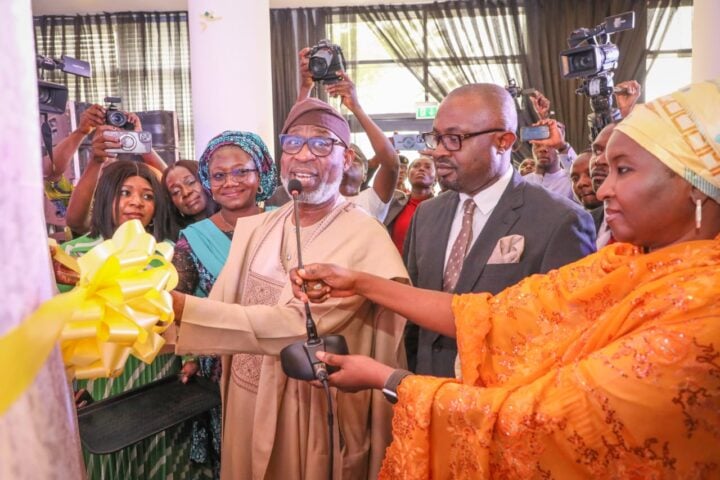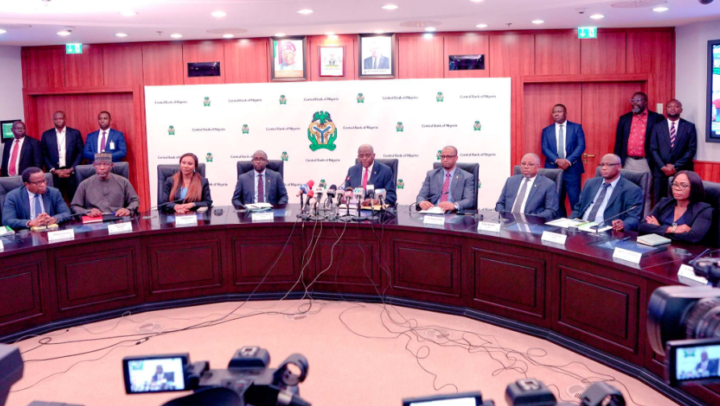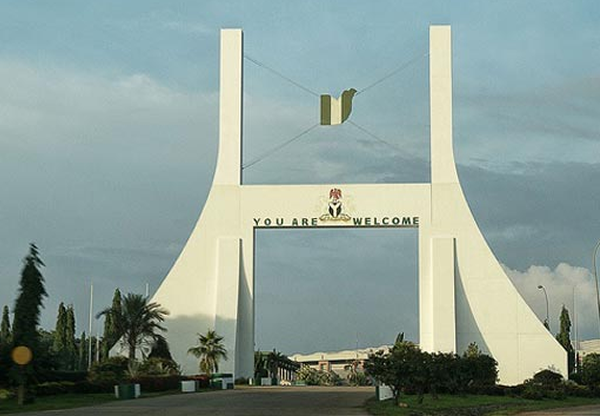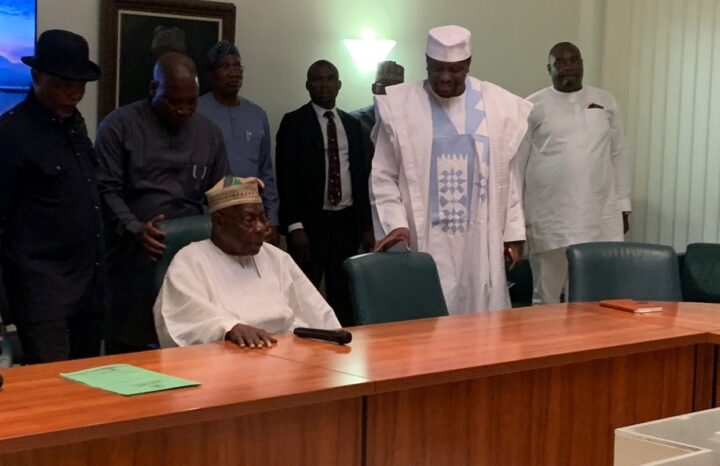The federal executive council (FEC) has approved plans to convert an existing property of the federal government in San Francisco, United States, to a Nigerian digital technology exchange programme hub also known as Nigeria startup house.
Bosun Tijani, minister of communication, innovation and digital economy, disclosed this in a statement on X on Tuesday.
Tijani said the ministry secured two approvals that offer significant opportunities for Nigerians in general.
He said while the first approval is on the establishment of a startup hub in the US, the other is on the provision of an additional 90,000 kilometres (km) of fibre optic cable to complement the existing connectivity infrastructure.
Advertisement
Speaking about the startup house, the minister said the development would go a long way in attracting foreign direct investments to the country.
“As we work towards achieving key elements of our Trade and IEC strategic blueprint pillars, the Nigerian Startup House will play a critical role in promoting Nigeria’s economic interest, attracting foreign direct investment and improving the visibility and positioning of Nigeria’s startup ecosystem to attract funding and expertise from global markets and organisations represented in the San Francisco Bay Area and beyond,” he said.
“The San Francisco Bay Area, and nearby Silicon Valley, is recognised globally as a major source of startup ecosystem funding, with a combined GDP value of just over $929 billion and is home to over 200 of the largest companies in the world by revenue.
Advertisement
“In addition, most of the $1.3 billion funding sourced by Nigerian technology startups in 2023 alone came from Venture Capital funds in the Bay Area.”
Tijani said while the ownership of the Nigeria Startup House will remain with the federal government, it would be managed by a consortium of Nigerian digital technology companies who will provide non-public funding for the operations of the startup house.
PROVISION OF 90,000KM FIBRE OPTIC CABLE
On the fibre optic cable, Tijani said FEC approved the launch of a special purpose vehicle (SPV) that will support the delivery of an additional 90,000km of fibre optic cable.
Advertisement
He said the cables will complement Nigeria’s existing connectivity infrastructure and deliver a stronger national backbone for universal access to the internet across Nigeria.
“Over the last few months, we have put in extensive groundwork to set up this SPV which will be modelled in governance and operations similarly to some of the best public-private partnership setups in Nigeria, such as NIBSS and NLNG,” the minister said.
“Working with partners and stakeholders from the government and private sector, this SPV will build the additional fibre optic coverage required to take Nigeria’s connectivity backbone to a minimum of 125,000km, from the current coverage of about 35,000km.
“Upon delivery, this will become Africa’s 3rd longest terrestrial fibre optic backbone, after Egypt and South Africa.”
Advertisement
The minister also said the provision of fibre optics will enable the country to optimise the unique benefit of having eight submarine cables and drive an uptake of the data capacity that the cables offer, beyond the current usage level of 10 percent.
This, he said, would lead to increased connectivity and help plug the current non-consumption gap by connecting over 200,000 educational, healthcare and social institutions across Nigeria, ensuring that a larger section of the society can be included in the benefits of internet connectivity.
Advertisement
“Some of these immediate benefits include; Increasing internet penetration in Nigeria to over 70%, potential reduction of the cost of access to internet by over 60%, inclusion of at least 50% of the 33 million Nigerians currently excluded from access to the internet,” he added.
Tijani said the optic cables would help deliver up to 1.5 percent of the country’s gross domestic product (GDP) growth per capita and raise the GDP from $472.6 billion (2022) to $502 billion over the next four years.
Advertisement






